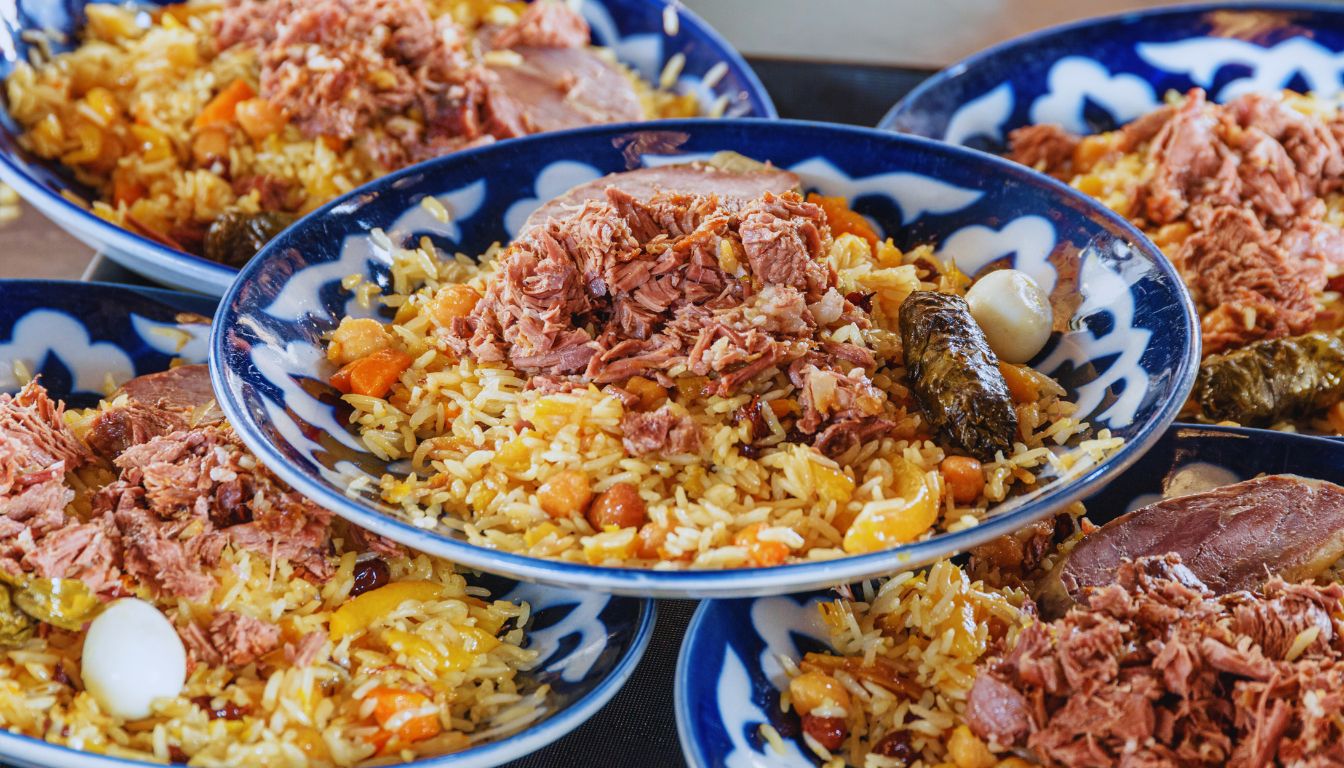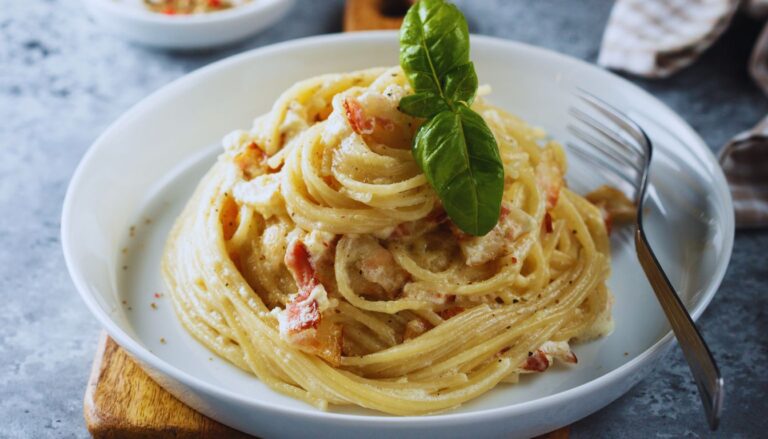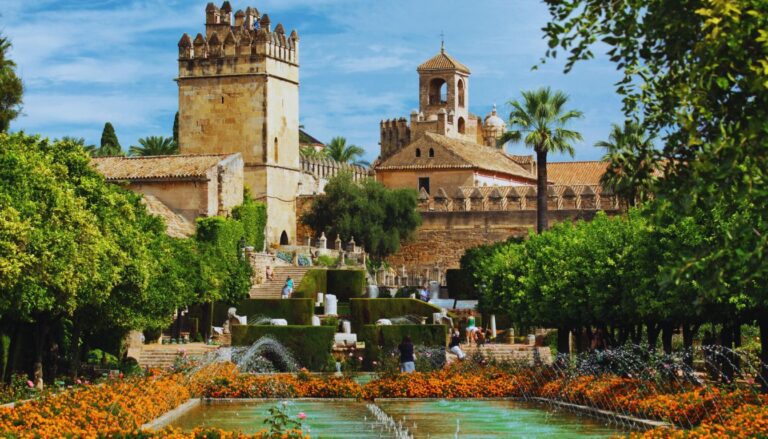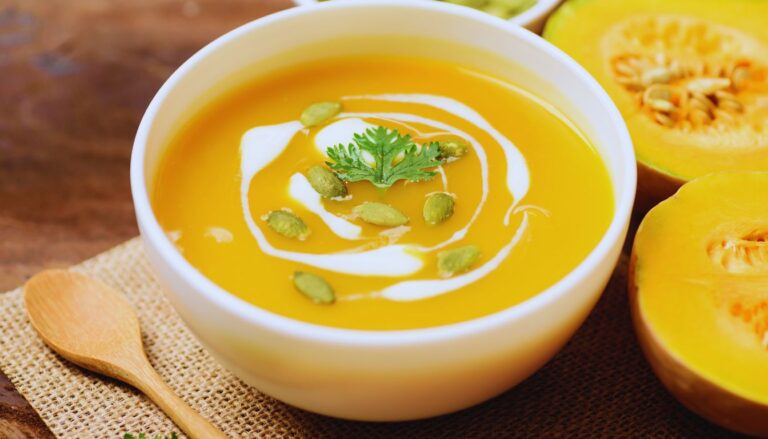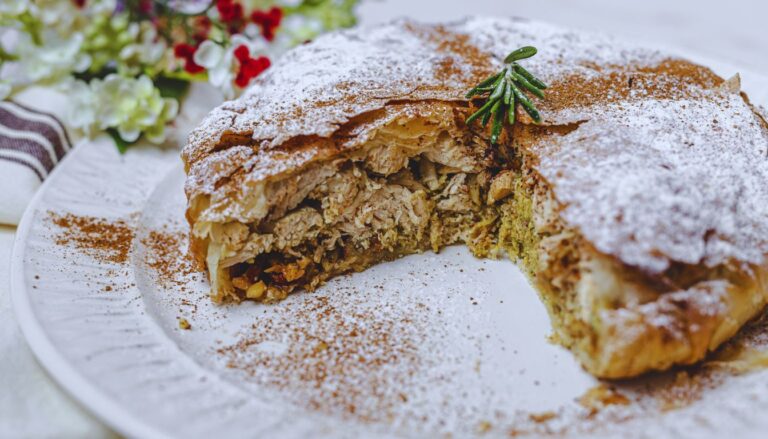Plov, Bukhara Uzbekistan
In the ancient city of Bukhara, where minarets pierce the desert sky and centuries-old madrasas tell tales of the Silk Road, Plov reigns as the undisputed king of Uzbek cuisine. This aromatic rice dish, layered with tender meat, carrots, and spices, is more than just sustenance—it’s a living testament to Bukhara’s rich cultural heritage and the sophisticated culinary traditions that have evolved over millennia. As the golden rice steams in massive kazans (traditional cauldrons) across the city, it carries with it the legacy of countless generations who have perfected this beloved dish.
Table of Contents
Origins and History
Plov’s history is deeply intertwined with the Silk Road and Central Asian culture:
- Ancient origins dating back over 1,000 years
- Developed as a nutritious meal for caravan travelers
- Elevated to royal status during the Timurid Empire
- Associated with Alexander the Great’s campaigns
- Perfected in Bukhara’s royal kitchens
- UNESCO-recognized intangible cultural heritage
Historical records suggest that medieval physicians prescribed plov for various ailments, believing in its healing properties and nutritional benefits.
Cultural Significance
In Bukhara, plov transcends its role as a mere dish:
- Central to weddings and celebrations
- Symbol of hospitality and community
- Essential element of social gatherings
- Marker of cultural identity
- Source of local pride and tradition
- Integral part of family ceremonies
The preparation of plov is considered an art form, with master chefs (oshpaz) holding esteemed positions in society. Their expertise is passed down through generations, preserving ancient techniques and recipes.
Ingredients and Preparation
The excellence of Bukhara plov lies in its precise preparation and quality ingredients:
Traditional Components:
- Long-grain rice
- Yellow carrots (traditional Uzbek variety)
- Fresh lamb or beef
- Yellow onions
- Cumin seeds
- Garlic heads
- Chickpeas
- Raisins
- Saffron
- Vegetable oil
Authentic Preparation Process:
- Heating oil in kazan
- Preparing zirvak (meat and vegetable base)
- Layering ingredients precisely
- Adding rice at exact temperature
- Creating steam holes with chopsticks
- Slow cooking to perfection
- Resting before serving
- Garnishing with traditional elements
Where to Try It
Notable Establishments:
- Old City Plov Center
- Chinor Restaurant
- Akbar House
- Lyab-i Hauz Restaurants
Neighborhood Recommendations:
- Old City (Shahristan)
- Trading Domes area
- Lyab-i Hauz district
- Local bazaar surroundings
Eating Etiquette and Customs
Understanding local customs enhances the plov experience:
- Eating with right hand traditionally
- Sharing from communal plates
- Respecting elders’ priority
- Expressing gratitude to the oshpaz
- Following traditional serving order
- Observing proper seating arrangements
Seasonal Considerations
While available year-round, seasonal factors influence the experience:
- Spring brings fresh local vegetables
- Summer features outdoor cooking demonstrations
- Fall provides the best yellow carrots
- Winter versions include more warming spices
- Festival seasons offer special variations
- Wedding season features elaborate preparations
Modern Interpretations
While tradition remains paramount, some adaptations exist:
- Health-conscious variations
- Restaurant-style presentations
- Individual portions
- Modified cooking vessels
- Contemporary garnishes
- International ingredient adaptations
Practical Information and Travel Tips
Essential knowledge for the perfect plov experience:
- Best enjoyed for lunch (traditional serving time)
- Prices range from 30,000-80,000 UZS per portion
- Many places require advance orders
- Morning cooking demonstrations available
- Cash preferred in most establishments
- Consider timing around prayer times
- Book cooking classes in advance
- Visit markets to learn about ingredients
Making Your Plov Journey Memorable
Immerse yourself in Bukhara’s culinary heritage by witnessing the morning preparation of plov, engaging with local oshpaz, and learning about regional variations. Rise early to watch master chefs prepare their kazans, and remember that each plate of plov carries centuries of tradition, skill, and cultural pride. Take time to appreciate the communal aspect of the dish and the way it brings people together in this ancient Silk Road city.

